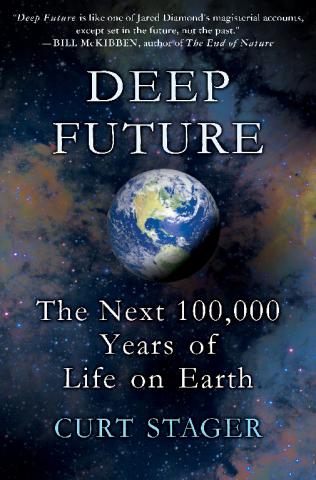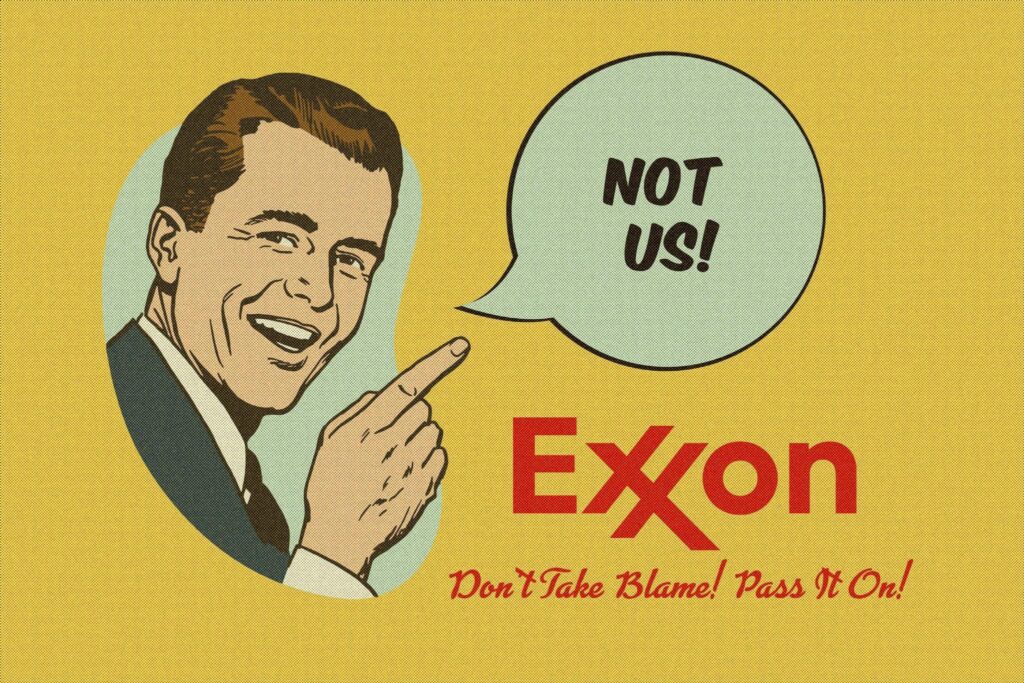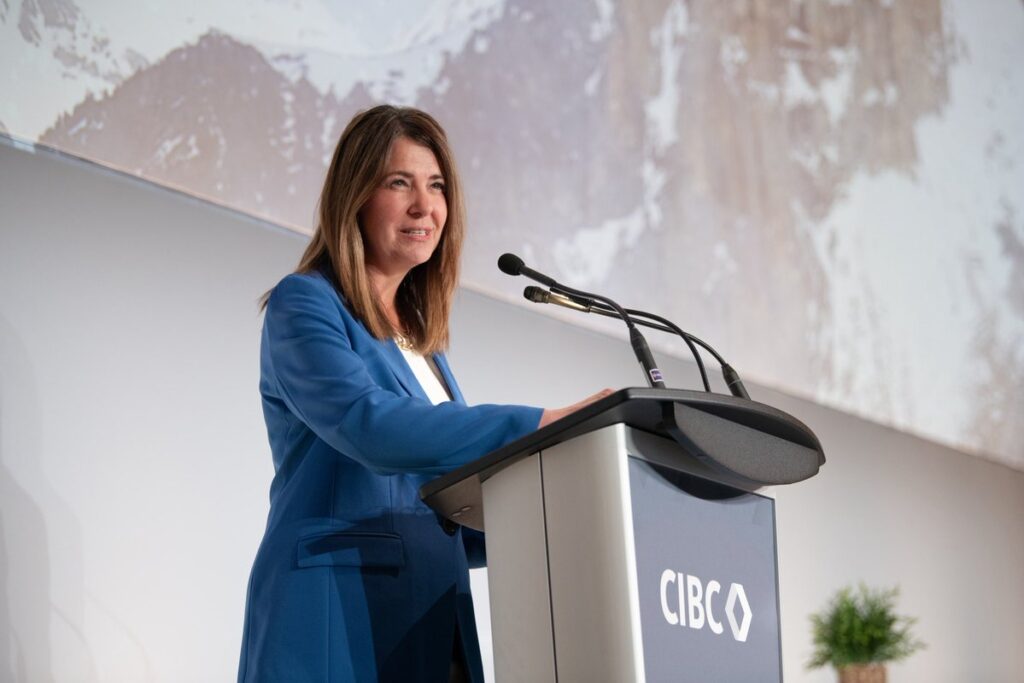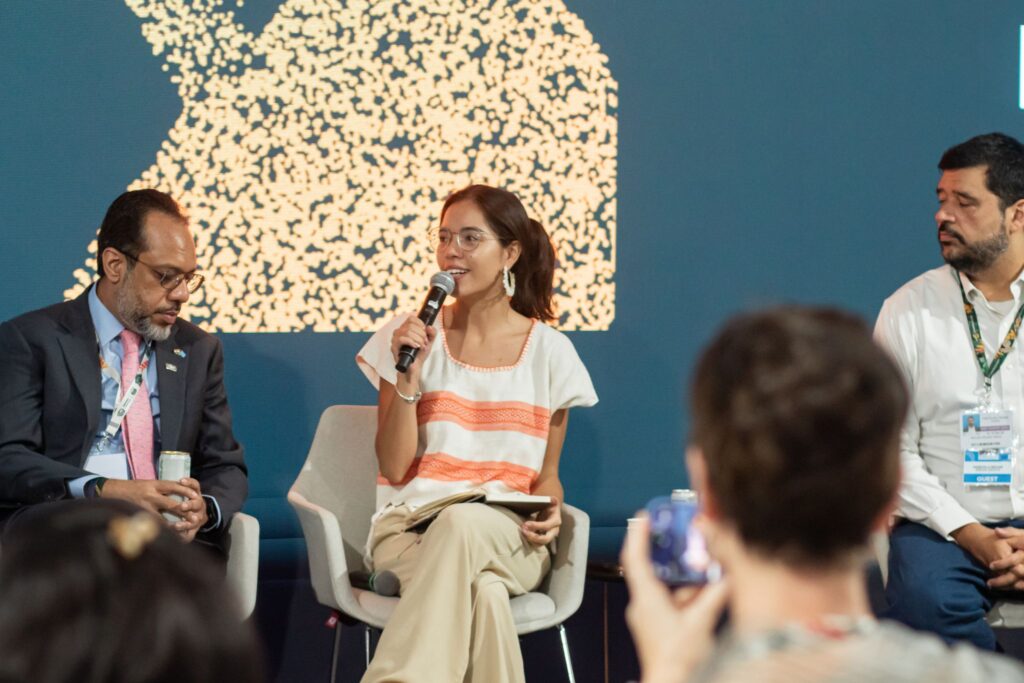I recently had the pleasure of interviewing Dr. Curt Stager, author of Deep Future: The Next 100,000 Years of Life On Earth. Here is Part 1 of the interview, stay tuned tomorrow for Part 2. Answer the trivia questions at the bottom of this post for a chance to win a free copy of Deep Future.
Brendan DeMelle (BD): Your book is about the impacts of climate change far into the future, and as you point out, that means very far into the future, not a 5-year plan that seems far away in the lifespan of a human, but thousands, millions and billions of years from now. What advice do you have for people who struggle to comprehend the time scale of these impacts? How can people alive today attempt to relate to the deep future?
Curt Stager (CS): We live our lives on short time scales, in which even the end of the work day can seem like “forever” in the future, and we rarely deal with extremely large numbers or quantities on an immediate personal level. As a result, facing a legacy of climatic effects that stretches many thousands of years into the future can be mind-boggling, even for a scientist. But that’s actually one of the important points to recognize in this amazing story; our ecological impacts on the planet are mind-boggling in scope.
We can become more comfortable in handling large sweeps of time with practice, but I don’t think it’s absolutely necessary to grasp exactly what 100,000 years means in order to understand that the changes we’re setting in motion today are far larger than we once thought, any more than it’s necessary to know the exact weight of a bull elephant in order to realize that you’d better not mess with it.
——
BD: You point out that it is those of us who live in the 21st century who will have the most impact in determining how long the Anthropocene epoch will last.(pg 7) Is that based more on the hope that we might get our act together to slash greenhouse gas emissions sometime this century? Or is it simply because of the huge amounts of climate-altering pollution that 21st century humans currently produce?
CS: The climate modelers and geochemists whom I cite in the book make it clear that the intensity and duration of our climatic impacts will depend on how much fossil fuel we burn in the next century or so. This is a critical time in human history because we’re still heavily dependent on carbon-based fuels, so our emissions are not only huge but increasing as more and more of us demand more and more energy and resources. The big question is not whether we’ll switch to alternative energy sources but when we’ll do it; we’ll either do it soon by choice, or simply be forced to abandon fossil fuels later on when we run out of them.
Either way, the vast amounts of carbon dioxide that will flood the air during this relatively brief terminal phase of dependence on ancient carbon deposits will overwhelm the ability of the oceans to slowly absorb those waste gases for millennia to come. Until the last vestiges of excess heat-trapping CO2 are slowly scrubbed from the air, the world will remain artificially warmer than it would otherwise be.
——
BD: You write that the Industrial Revolution wasn’t the first indication that our species was living outside the physical limits of the planet, that long before we started burning fossil fuels, we were already messing up the climate through widespread forest clearing, burning and intensive agricultural practices. In your words, “the idea that we are somehow exempt from the ancient laws of the physical world, is what got us into so much trouble in the first place.” (pg 8) Is there any way to shift to a sustainable path, or are we too comfortable as a species to dial back our resource depletion?
CS: One never knows what humans will do next, as adaptability and unpredictability are hallmarks of our species. I suppose throughout most of human history we’ve tended to think and act rather selfishly and short-sightedly, perhaps because it’s been a successful strategy in an unpredictable world inhabited by predators, starvation, parasites, and other immediate threats. But today most of us don’t need to live that way, and despite our many foibles it’s important to remember that we can also be incredibly altruistic, thoughtful, and responsible.
I often smile when I hear people rant about the hopelessness of human nature while supporting environmental or social causes, pursuing self-improvement through education, trying to live sustainably, and participating in a modern civilization that runs on cooperative, non-selfish behaviors. We certainly can shift to a sustainable path; many of us have already done so, and many others would be willing to do so if an appealing opportunity arises. What remains unclear are questions like – will we do it on a large enough scale, how might it happen, and when?
——
BD: I understand that you consider yourself a “converted climate skeptic. Can you tell us a little about your personal journey from skeptic to author of a book all about the very real threat of climate change, now and long into the Anthropocene future? What was your initial skepticism based on?
CS: As an environmental historian I’ve long known that climates can change naturally and dramatically, and when I first heard about global warming in the late 1980s the human contribution to it wasn’t as firmly demonstrated as it is now. Back then, for example, many environmentalists were saying that we know today’s change is caused by humans because it’s too rapid to be natural, but ice cores, lake sediments, and other paleoclimate records, including some of my own, showed that some climatic disturbances of the distant past were similarly abrupt. It also appeared likely that much of the recent warming was simply a recovery from a previous centuries-long global cooling episode (the Little Ice Age).
My “road to Damascus moment” came about a decade ago when several peer-reviewed papers summarized recent trends in the three main drivers of global climate change – solar variability, aerosols, and greenhouse gases – and showed that the first two factors didn’t change much during the last few decades of warming, leaving human-generated greenhouse gases as the only remaining suspect. Largely as a result of that work, in addition to my own investigations of temperature and lake ice records from my home region of upstate New York and Vermont, I now consider the case closed; we’re clearly the ones warming the planet now and, thanks to our carbon emissions, we’re likely to continue doing so for a very long time.
——
BD: What are your thoughts about the recent rise in attacks on science and scientists in Congress and at the state government level?
CS: Thanks to books like Climate Cover-Up and Merchants of Doubt, as well as online resources such as DeSmogBlog, the machinery of the denial movement is now clearly revealed. A relatively small group of individuals and corporations with vested interests in supporting the fossil fuel industry are behind it, not only as a way to generate profits but also as a way to support a radical pro-capitalist ideology.
Some of these same characters have used similar techniques for years, peddling doubts about the harmful health effects of tobacco and the human contributions to acid rain and ozone depletion. Their methods are simple but effective, much akin to sprinkling sand into the cogwheels of a finely tuned machine. With deep pockets and relentless marketing supporting them, they manipulate public opinion through the media and compliant politicians to create the illusion of uncertainty and controversy where little or none actually exists. It’s pretty disgusting behavior, but it works.
——
BD: It seems the anti-science trend cuts across a lot of scientific issues beyond climate change, but is certainly centrally targeted at climate/EPA/renewables these days. For instance, what do you make of Virginia Attorney General Ken Cuccinelli’s witch hunt against climate scientist Michael Mann? And the seemingly constant efforts of Sen. James Inhofe and others to ignore or even misrepresent science to suit their partisan agenda?
CS: My guess is that these individuals simply use people like Michael Mann as punching bags in order to garner financial backing from industry and to whip up political enthusiasm among their ideological base, with little or no concern for the effect it has on science’s ability to contribute meaningfully to the betterment of society.
People like Michael have of course made a rather Faustian bargain by entering that viciously polarized arena so prominently with their research and personal opinions. By doing so, they’ve disseminated important scientific findings among the taxpayers who have financed their research, and have reaped some personal and professional benefits as a result of their notoriety. But by entering that realm they’ve also agreed to face the dragons that lurk in it.
People are playing real hard-ball out there, and it’s only to be expected that powerful figures will go for the jugular when they see obvious and/or threatening targets, particularly ones that are commonly associated with former opposition politicians (after all, An Inconvenient Truth was authored by a former Democratic VP who also ran against G.W. Bush). Small wonder that climate scientists who enter the front lines of the culture wars on our behalf sometimes take some big hits from tough political scrappers like Cuccinelli or Inhofe.
——-
BD: Have we seen the end of science-based policy-making, or do you think there is a way to restore trust in science among policymakers?
CS: I don’t think today’s right-wing policymakers and their supporters are necessarily any more anti-science in general than the average individual; many left-wingers can also perhaps be called “anti-science” in other areas such as genetic engineering or alternative medicines. We scientists are oddballs in society because we really do try to follow solid evidence wherever it leads regardless of our desires or agendas, but most folks tend to accept it mainly when it supports what they already believe. Many right-wing policymakers are enthusiastic fans of nuclear physics, medical research, and other scientific fields that support concepts and technologies more in line with their beliefs.
But in the specific case of climate science, I worry that the “merchants of doubt” may have permanently fossilized society’s polarization over global warming; most people don’t have the training, inclination, or time to separate scientific fact from fiction, and I don’t see an easy way of restoring widespread trust in that area any time soon.
However, I also have hope that one of the best strategies for reducing future climatic impacts may actually be supportable by anti-climate factions as well. If we can replace fossil fuels with effective and sustainable alternative energy sources through the power of market forces, and there are plenty of good reasons to do so as quickly as possible even if you don’t believe we’re warming the planet, then I think we still have a chance of doing the right thing in time regardless of our political differences.
——
BD: In the current political system in which leaders are elected for short terms and expected to deliver security and prosperity all the time, is it even possible in our current paradigm to expect that humans could take action to safeguard unborn and unimaginably distant generations?
CS: Of course it’s possible. People do this sort of thing all the time, giving their money to humanitarian causes, volunteering for public works, and even giving their lives for the benefit of others in times of crisis. Sure, we also act like chimps from time to time, but that’s only one dark subset of a nearly endless array of potential human behaviors.
The very fact that this blog exists and that so many people read it with altruistic intent on behalf of humankind and non-human species alike proves that humans are capable of caring enough to do the right thing. The only question is how to get enough of us to think and act appropriately, but that’s more of a puzzle to be solved than an insurmountable barrier or cause for despair.
—–
Continue to Part 2 of my interview with Curt Stager.
Thanks again to Deep Future author Curt Stager for taking the time to answer my questions so thoughtfully.
The trivia challenge is now over, thanks everyone!
Deep Future is available on Amazon.com and other top booksellers, and don’t forget to seek it out at a local independent bookstore near you.
Subscribe to our newsletter
Stay up to date with DeSmog news and alerts






